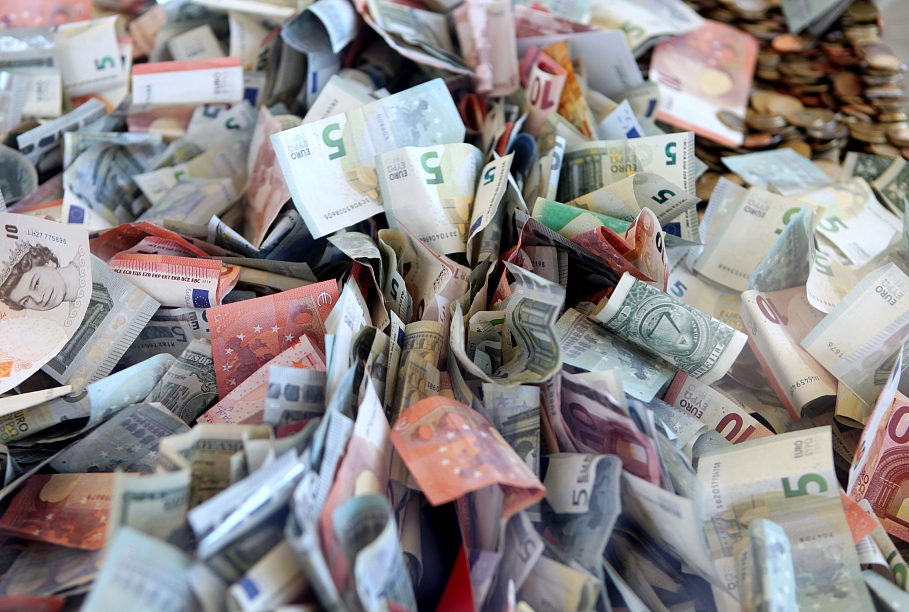The ministry updated its macroeconomic forecasts as it started work on Latvia's Stability Program 2016-19.
In comparison with the Finance Ministry's previous forecasts, which were used for drawing up Latvia's 2016 budget, the GDP growth forecast for 2016 has been left unchanged, while the forecast for 2017 has been cut by 0.3 percentage points as the global economy has been growing at a slower rate than expected, the Latvian Finance Ministry explained.
The European Commission expects the EU economy to grow by 1.9 percent in 2016. Latvia's GDP will continue to grow at a significantly faster pace than the EU's GDP, ranking Latvia among the bloc's fastest-growing economies.
In 2016 and the following years Latvia's economic growth is projected to be faster than in 2014 and 2015 when the country's GDP grew by 2.4 percent and 2.8 percent respectively as economic growth was hampered by the geopolitical crisis and problems in the metal industry.
In 2016, Latvia's economic growth will still be driven by private consumption, fuelled by wage growth, decreasing joblessness and moderate employment growth.
Latvia's economic growth is expected to become more balanced amid rising investment and export growth. Export growth is expected to quicken as the base effect of Russian sanctions gradually disappears, Latvian entrepreneurs shift their focus on new markets and products, growth in the eurozone picks up and the situation in CIS countries stabilizes.
Investment, meanwhile, will be promoted by a faster absorption of EU funding and decreasing geopolitical risks in the region.
With prices of energy and other commodities falling in the world, inflation in Latvia is expected to remain low and not rise above 0.4 percent in 2016. In 2017, price hikes will become steeper, reaching 2 percent as commodity prices stabilize in the world and demand on the domestic market increases.
Real wages are expected to rise steadily amid weak inflation, climbing 5.1 percent on average in 2016. This, however, will be slightly slower than in previous years when real wages rose by more than 6 percent annually. According to the Finance Ministry's prognosis, the average monthly gross wage will increase by 5.5 percent to EUR 858 this year.





























